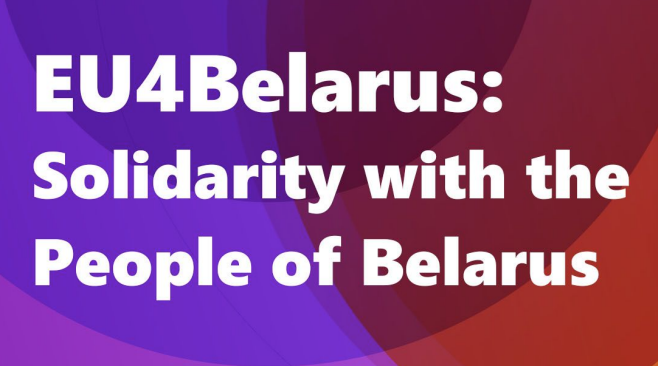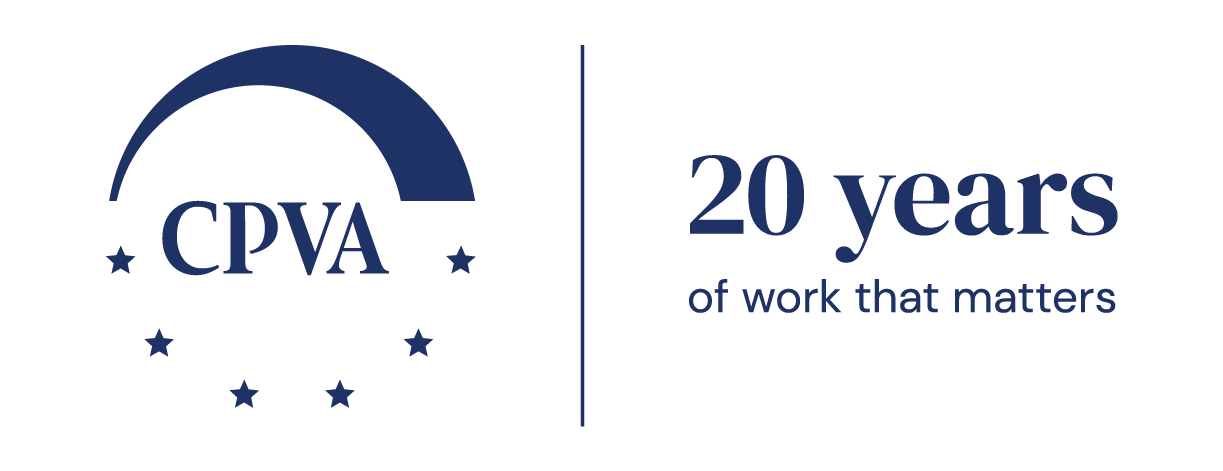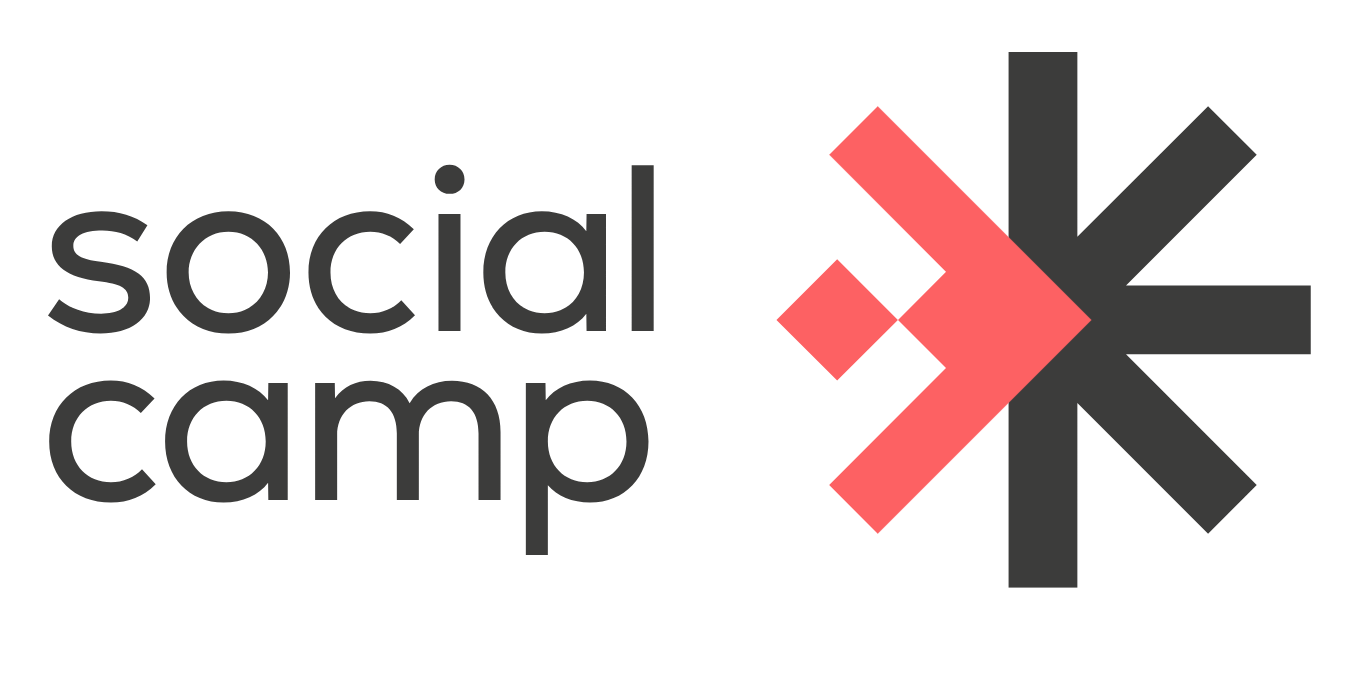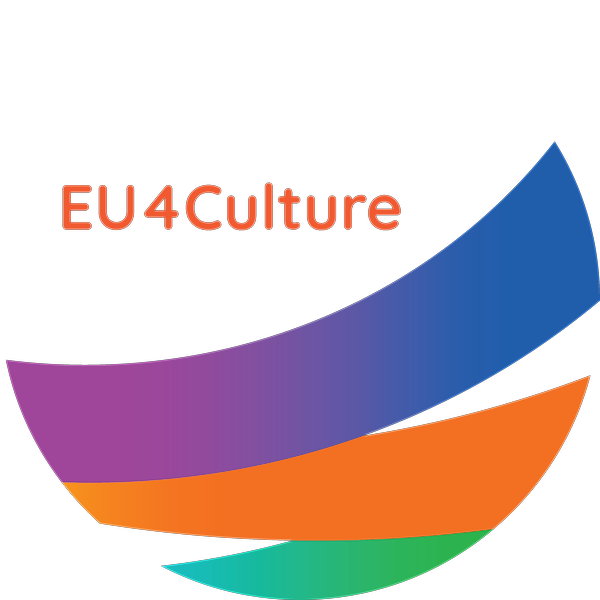Our Partners

The action entitled ‘EU4Belarus aims at supporting societal resilience and human capital development’, to strengthen the capacity and resilience of civil society organisations and activists to promote democratic changes in Belarus and to support Belarusian students and professionals in accessing modern quality education, training and learning opportunities.
Read more
European Union is composed of 27 Member States, of which 20 maintain a diplomatic representation in the Republic of Belarus. The Management Team of MOST+ is keen to inform the European Union Members States about the importance of facilitating people-to-people contacts and the establishment of professional contacts between Belarusian and EU professionals, companies and organisations. and to support their integration into European-wide networks of professionals. The EU diplomatic missions in Belarus can facilitate the delivery of visas to beneficiaries of MOST+ grants for mobilities to their countries.
Read more
The program "EU4Belarus - SALT" is financed by the European Union as part of the package of special measures "EU4Belarus: solidarity with the people of Belarus". This people-to-people initiative aim to expand professional and educational horizons for Belarusian professionals, students, and scientists and implementated by Central Project Management Agency of Lithuania.
Read more
This is an educational and mentoring project for Belarusians interested in the development of the country and relations with it, regardless of their place of residence. Social Camp is a European Union project implemented by a consortium lead by Goethe-Institut (Warsaw office) and other partners.
Read more
EU4Culture is the EU-funded project for mobility grants to support artists and cultural professionals from the Eastern Partnership countries: Armenia, Azerbaijan, Georgia, Republic of Moldova, Ukraine and from Belarus. It is implemented by a consortium lead by Goethe-Institut (Tbilisi office) and comprised of Czech Centers, Danish Cultural Institute,and Institut Français de Géorgie.
Read more
